
This article briefly reviews controversial topics in 3 sub-categories of theory and practical aspects.
Nutrition Theoretical and Methodological Topics.
Walnuts.
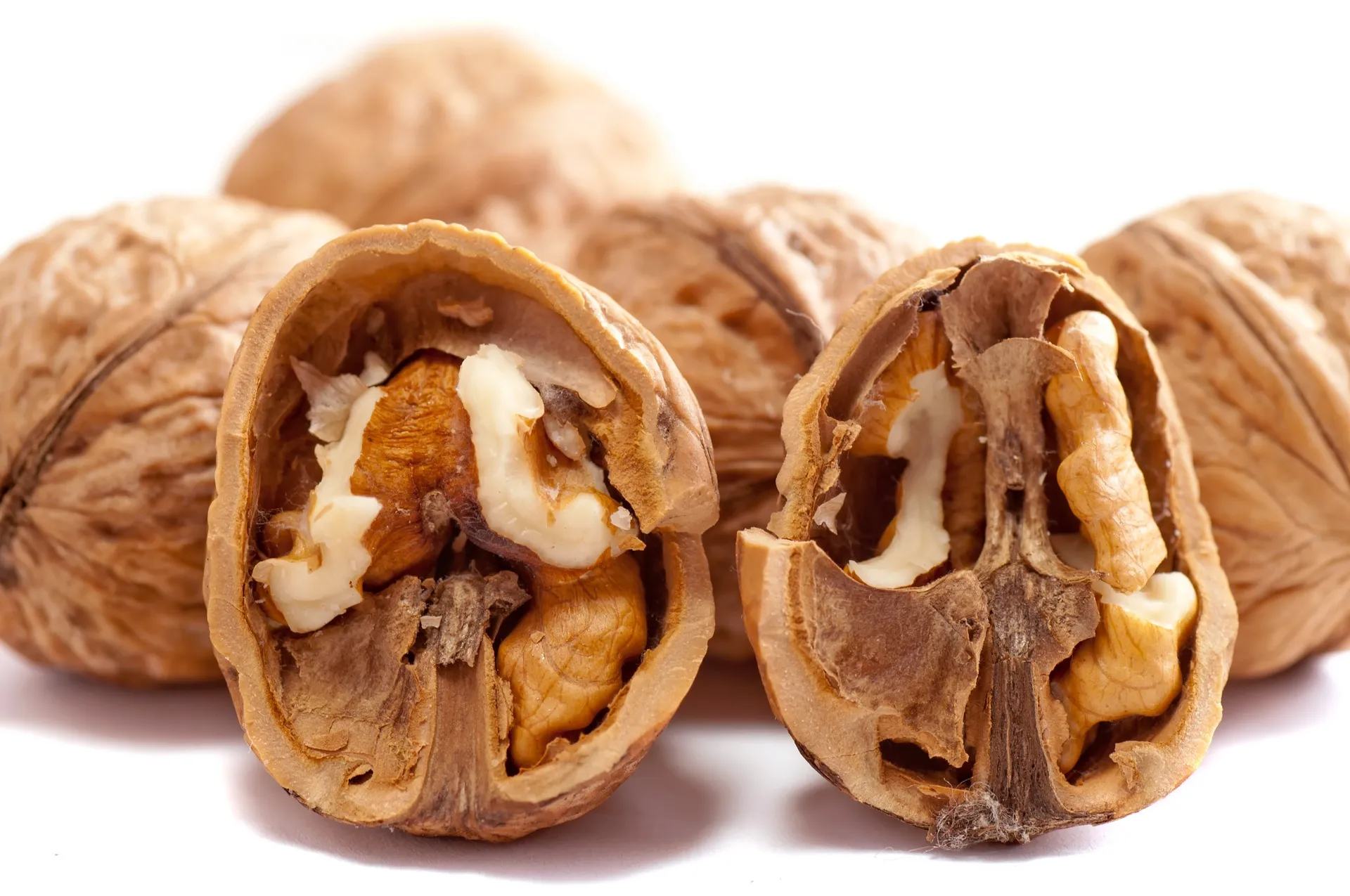
Are there natural products that are unhealthy? (The answer is No.)
- Organic, unprocessed products are always healthy. Diversity allows us to enjoy all possible nutrients.
- Processed products contain substances foreign to the body, which do not correspond with their processes and can cause long-term damage.
Beef.

Are animal products unhealthy? (The answer is not definite.)
There is a high dependence on food quality and animal treatment.
- The quality of meat and poultry in most parts of the world today is not good because the animals are fed processed foods designed to cause a rapid increase in weight. Besides, animals receive hormones, antibiotics, and other chemicals that cause severe infections. The inflammation produces toxins that accumulate in the animals' fat. (The toxins do not break down in cooking.)
- Animal products have an acid reaction in the intestines that promotes the proliferation of parasites.
- A high intake of animal proteins significantly affects the liver and kidneys.
- Vitamin B12 exists only in animal foods.
- Omega-3 animal fats are more readily available for the body than vegetable omega-3s.
- Bone marrow (organic beef) is one of the healthiest products available.
Conclusion. (Non-vegans)
- Try to reduce the consumption of animal protein by 50% or more. Consume many organic products that receive a natural diet without hormones and chemicals (costly compared to industrial products.)
Organic food. (Vegetables and fruit.)
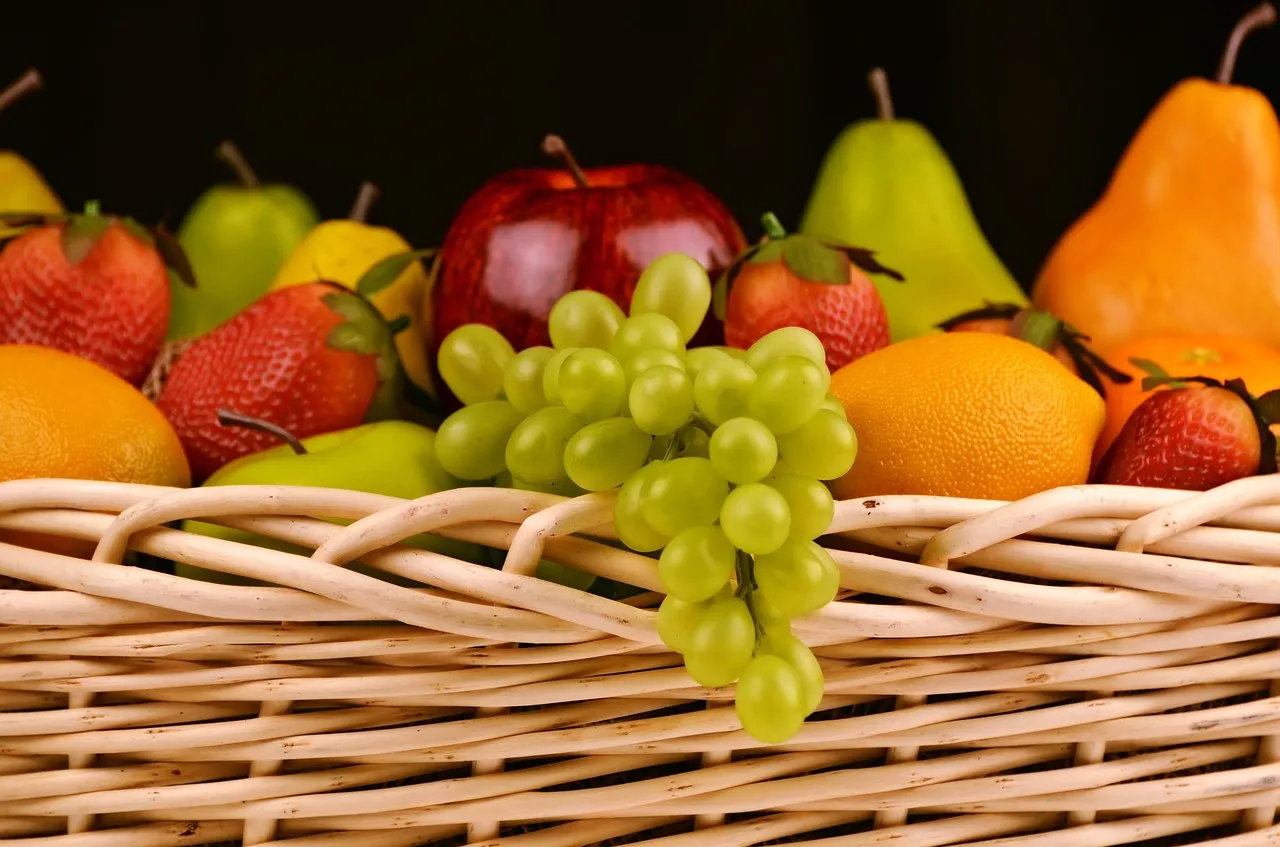
Is there a health justification for buying organic and Non-Genetically modified (GMO) food? (The answer is "yes")
- Wikipedia quotes that there is no scientific consensus, yet many leading scientists object to GM food. (This is mainly because it increases resistance to incredibly harmful pesticides.)
- Most food modifications have been carried out on high-demand cash crops, such as soybeans, corn, canola, and cotton. Genetically modified crops have been engineered to resist pathogens and herbicides and have better nutrient profiles.
- Do not expect to experience a taste difference over non-organic food.
- There are claims that the soil's mineral content has depleted over the last century due to the overuse of pesticides and improper crop planting.
There is a consensus among leading scientists recommending organic products.
Fruits.
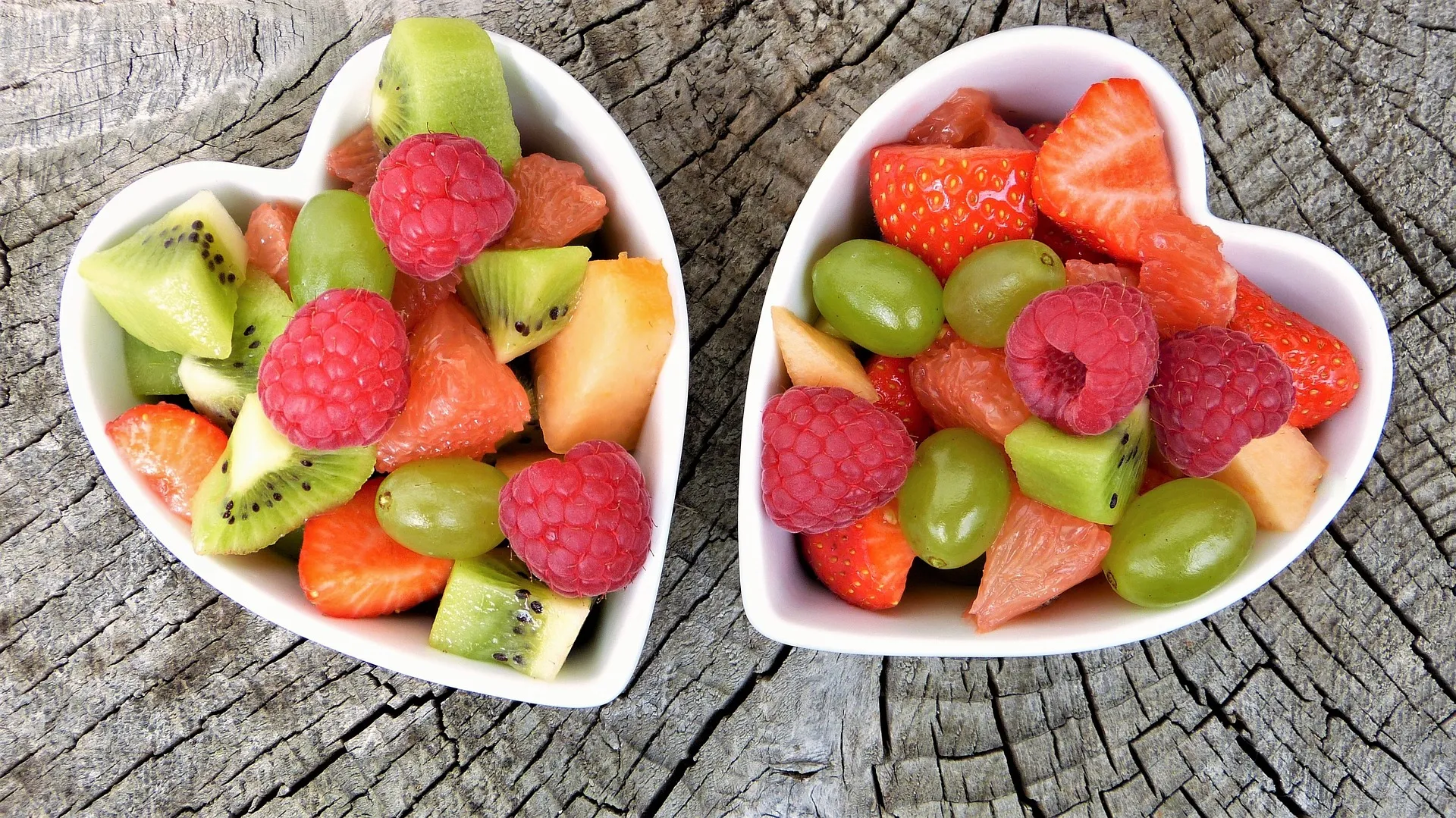
Does eating fruits cause diabetes in adults? (Moderate consumption: The answer is No.)
Fruits are an excellent and vital source of fiber, many nutrients, enzymes, and antioxidantsת; they also give a sense of satiety, so it is essential to consume them.
- The glycemic index of fruit is relatively high, so eating fruits should come with accompanying guidelines:
- Processed fruits, processed food, and prepared meals with fruit are not recommended.
- When fruit is part of a meal, a balanced menu is essential.
- Fruits from the intestines' acidity, so it is desirable to balance the acidity by drinking lemon juice during the meal. (Not sweetened)
- Combining fruit with green vegetables can moderate the acidic effect of fruits.
- Fruits are always better than sugar-rich desserts like cakes.
- You can eat a single fruit as a snack. (Not more than 2-3 per day)
- Grapes and watermelon mainly contain glucose sugar (as opposed to other fructose-containing fruits), so their consumption should be moderate.
Healthy Nutrition Practical Recommendations.
Coconut.
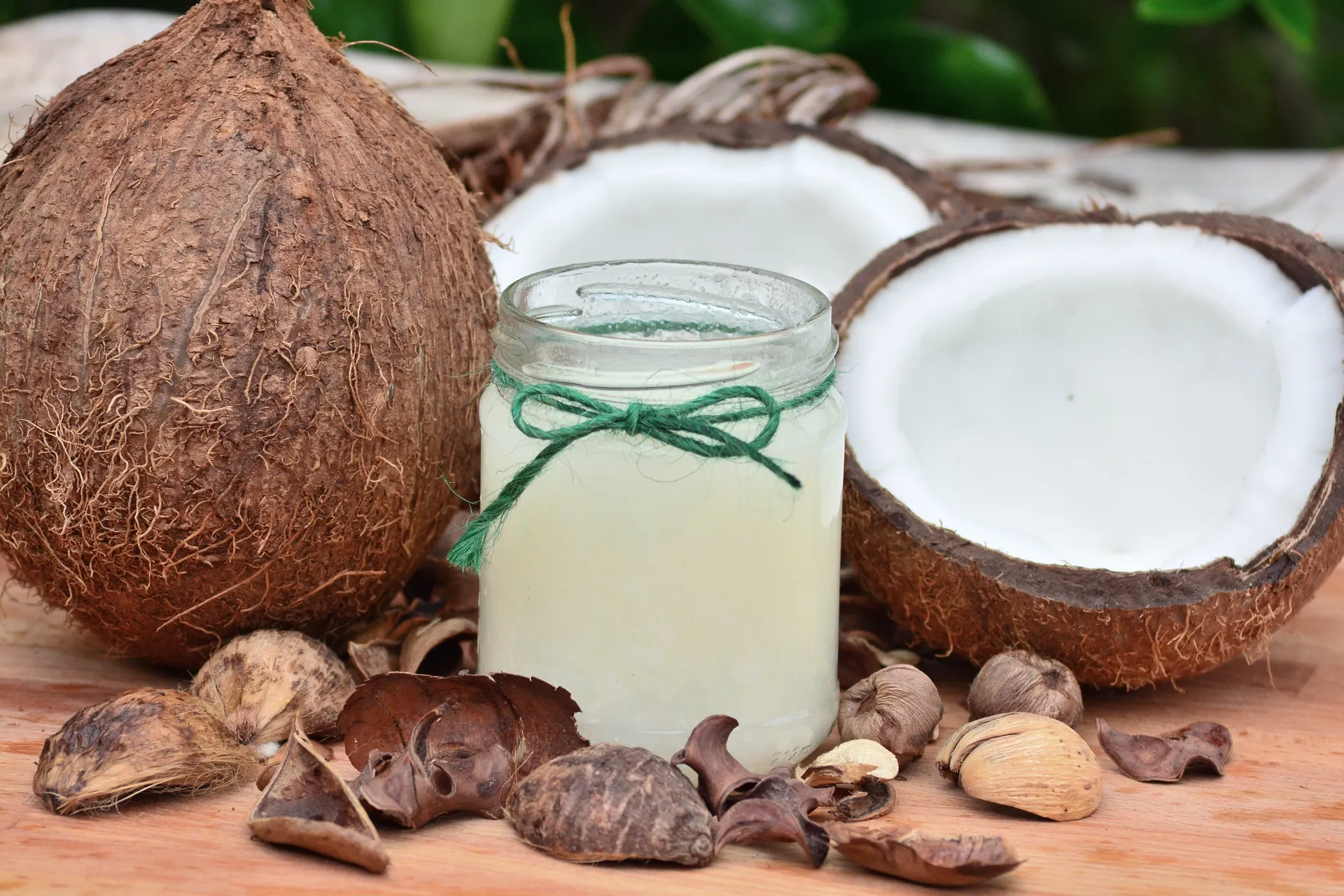
Are saturated fats like ghee-purified butter and organic coconut oil unhealthy?
- Saturated fats are immediately associated with higher risks of heart disease and elevated terrible cholesterol levels.
- Most research focused on saturated fats, mainly in meat and dairy. These tests show that meat and dairy hurt heart disease risk!
- Eating fatty meat and dairy with too many proteins and endotoxins (which remain after cooking and pasteurization) overloads the liver, which is responsible for regulating cholesterol levels. Yes, the outcome is not surprising.
Ghee-purified butter and coconut oil benefit.
- Ghee-purified butter from grass-fed beef and coconut oils is less contaminated with endotoxins.
- The highest melting point of all fats and oils makes them very good for cooking, baking, and frying. (Fats and oils tend to hydrogenate during heating.)
- Due to their chemical structure, they are among the best emulsifiers. (Vital role in the digestive system.)
- They have a vibrant, tasty flavor.
They are safe and have many benefits if you reasonably use good quality ghee-purified butter and organic cold-pressed coconut oil.
Be aware that other animal saturated fats are not in the same health benefits category.
Eggs.
Are eggs good for health? ("Yes" in measured quantities.)
- Egg yolk is an excellent emulsifier because of the lecithin it contains and its Low insulin index.
- It is recommended for daily use in limited quantities, preferably organic or from farms that use good-quality animal feed that contains no chemicals, hormones, antibiotics, or GMO food.
- Eat limited quantities (maximum 1 per day or if eating only the yolk, two per day).
- Although eggs contain cholesterol, they have many nutrients and benefits.
- Tip: The egg yolk of a good quality egg is deep orange.
Yellow cheese.
Are beef dairy products healthy? (The answer is "No.")
- More and more researchers are against eating dairy cow products, including cheese.
- The proteins in these products are too condensed and contain high levels of lactose sugar.
- A cow weighs about ten times that of an average woman!
Goat and sheep dairy products are much better.
- Goat milk is the closest to human milk. (It has a unique flavor.)
- Their diet is usually better than that of cows.
- The proteins in these products are not too condensed like cow's milk.
- Sheep milk is delicious, fatty, and much better than cow's milk.
- Goat and sheep yogurt is an excellent choice for replenishing the good bacteria in the intestines.
Soft drink.
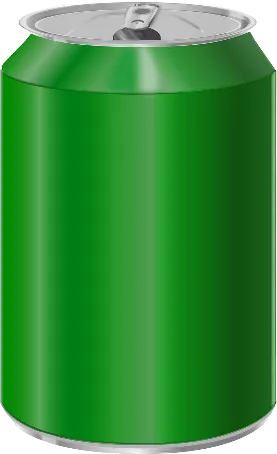
Are soft drinks unhealthy? ("Yes," all processed soft drinks are unhealthy.)
- A soft drink (see terminology for other names) typically contains carbonated water (although lemonades, among others, are usually not carbonated), a sweetener, and a natural or artificial flavoring.
- The sweetener may be sugar, high-fructose corn syrup, fruit juice, sugar substitutes (in the case of diet drinks), or some combination of these. Soft drinks may also contain caffeine, colorings, preservatives, and other ingredients.
The list of side effects of drinking soft drinks contains many severe diseases. Soft drinks look innocuous, but their long-term effects are significant.
- Drinking soft drinks in any form is not recommended. They also make us gain weight much faster than the same calories of natural beverages.
- Diet drinks are also very harmful as they contain artificial sweeteners that must be neutralized by the liver & kidneys.
Pink Himalayan salt.

Is salt bad for you? (In measured quantities, the answer is "No.")
From Healthline (March 2019)
- It has gained a bad reputation in the past few decades and has been linked to high blood pressure, heart disease, and even stomach cancer.
- However, some evidence shows that salt may affect individuals differently and may not have as much of an impact on heart disease as once believed.
- The kidneys carefully regulate concentrations of sodium, and fluctuations lead to adverse side effects.
- Sodium is involved in muscle contractions, and sweat or fluid loss can contribute to athletes' muscle cramps.
- It also maintains nerve function and tightly regulates blood volume and pressure.
- Low chloride levels can lead to respiratory acidosis, in which carbon dioxide builds up in the blood, making it more acidic.
- Studies show that a low-salt diet may not decrease the general population's risk of heart disease or death, although some groups may respond to salt differently.
- Low salt intake may be associated with low blood sodium, increased blood triglycerides or cholesterol, and a higher risk of insulin resistance.
Unsalted food is not tasty. Aromatic salt (Himalayan salt) and additional beneficial minerals should be added in measured quantities.
Hot chili pepper.
Is spicy food good for your health? (The answer is "Yes," But not for chronic inflammatory disease patients.)
Benefits:
- Capsaicin (the compound in pepper) can act as a laxative and cause a quick run to the bathroom.
- It Helps You Fight Colds.
- Speeds Up Your Metabolism.
- It Makes You Sweat.
- Turns You On.
Side effects:
- Worsens Heartburn.
- It tones down Your Taste Buds.
- Irritates Your Skin.
Spicy foods have many benefits but are not recommended for IBD patients during recovery due to tissue damage to the intestinal walls. Other chronic inflammatory disease patients also might feel worsening symptoms after eating spicy food.
A variety of spices.

Are spices healthy? (The answer is "Yes.")
- Most herbs and spices have powerful antioxidant properties due to phenolic compounds (mainly flavonoids), which affect the absorption of nutrients.
- Spices contribute significantly to mineral intake, especially when the diet is not diversified. There are hundreds of spices. (Indian cuisine is well known for its spices.)
Sauces.

Are Sauces good for health? (For natural sauces, the answer is "Yes.")
- Homemade sauces are excellent food due to their emulsifying properties.
- Sauces usually contain mustard, honey, vinegar, mayonnaise, and oil. These ingredients are excellent emulsifiers and can benefit gut health. It is best if the sauce is homemade or good-quality and free of additives, stabilizers, or similar chemicals.
Most industrialized sauces are processed foods. They sometimes contain preservatives, stabilizers, or other chemicals that improve shelf life and taste. These chemicals also Disrupt digestive processes.
Salami.

Is smoked food unhealthy? (The answer is "Yes.")
- Smoking is the process of flavoring, browning, cooking, or preserving food by exposing it to smoke from burning or smoldering material, most often wood.
- Eating smoked food is not recommended! It is delicious but entails significant risks & side effects.
Bone marrow.

Is it advisable to eat superfoods? (The answer is "Yes.")
Superfood is a marketing term for food with higher-than-average health benefits. (Wikipedia)
Link: Superfood (Wikipedia)
- Looking for a list of superfoods? There are many lists.
- Sample list link: 50 Best Superfoods List in 2019. (Guidedoc.com)
- Organic fruits, vegetables, nuts, sprouts, beans, roots, berries, and legumes have specific nutritional values.
- Consumption of a large variety of good quality organic food means fewer nutrient deficiencies.
Bone marrow.
- The only animal-based food that I consider a superfood is bone marrow. It can be added to creamy soups. (Although fatty, it is highly recommended due to its high content of nutrients needed for regeneration and to boost the immune system.)
- Bone marrow is rich in collagen and hyaluronic acid. (Improves the appearance of hair and skin.)
Sourdough bread.

Which bread is the healthiest? (Sprouted bread and whole-grain sourdough bread.)
- Minimize eating bread made from 100% white flour.
- Healthy bread is dense and tends to be massive. (Especially bread made without yeast.)
- Bread with low gluten is best. Most healthy bread has low gluten. (Although not zero percent gluten)
- There are many bread recipes. Most people do not bake their bread, so buying bread from a reliable source is essential. The best are small specialized bakeries that deliver organic whole-grain sourdough bread.
- Sprouted bread is most recommended for everyone. Sprouting releases enzymes that break the grain shell. Sprouted bread has low gluten and is much easier to digest because enzymes start breaking the grain shell. (which is hard to digest)
- Low-calorie bread is less dense and weighs less. Heavy bread makes you feel full faster.
Try to minimize eating yeast bread; it disturbs the gut flora balance.
Thyroid gland.
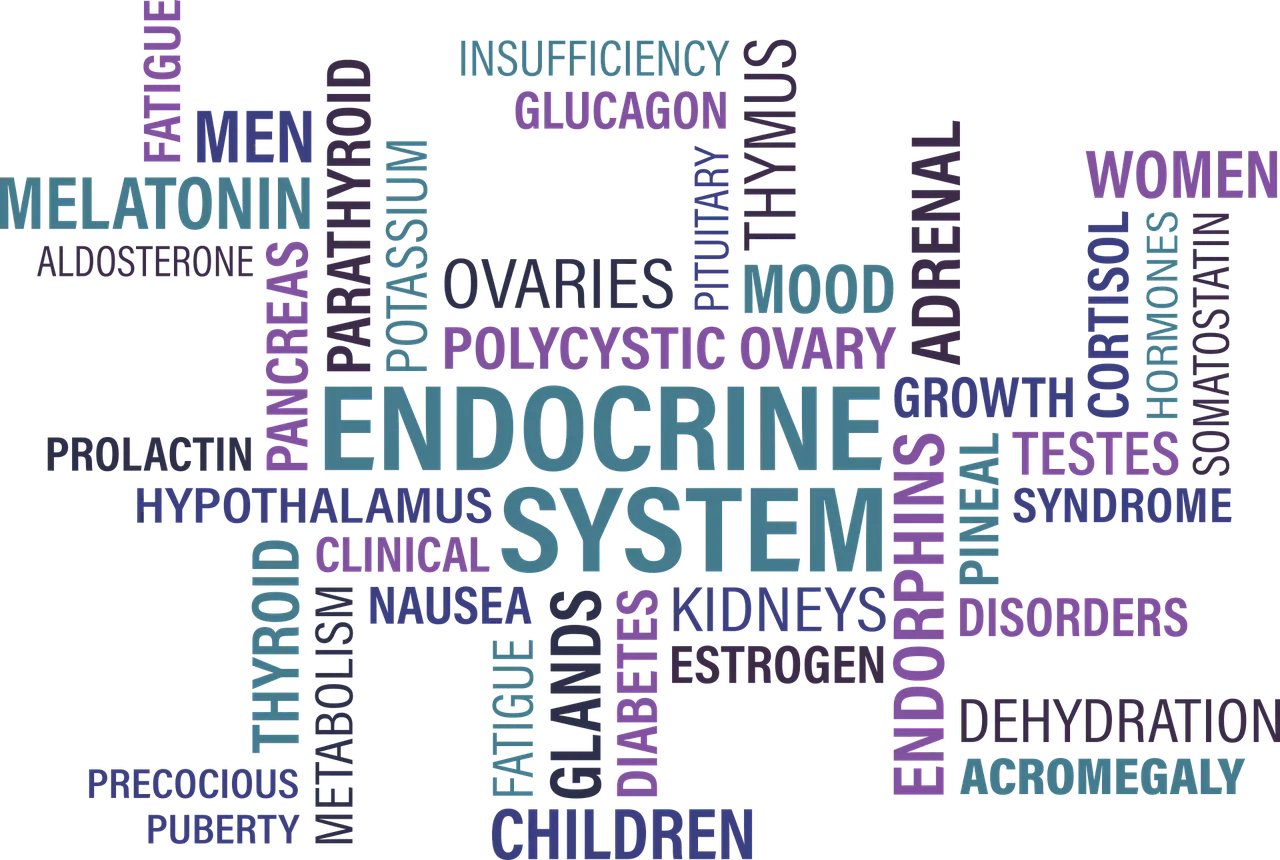
I was advised to take iodine supplements due to low thyroid functions.
The absorption of minerals in the food is far superior to any supplement.
Link: Thyroid (Wikipedia)
Iodine and selenium are essential elements for proper thyroid functions. The best way is to consume food rich in iodine and selenium.)
- The thyroid gland is in the neck and is part of the endocrine hormonal system. It regulates many metabolic processes.
- The proper function of the thyroid gland also affects weight, among other things.
What is the best natural source of iodine and selenium?
Iodine natural sources.
- Iodine is usually found in foods from the sea, sea fish, seaweed, and seafood.
- A great source of natural iodine is pink Himalayan salt.
- Milk products have a lot of iodine, except goat's milk and yogurt; other dairy products are not recommended.
Selenium natural sources.
- Brazil nuts are an excellent natural food that contains high levels of selenium.
Onions and Garlic.
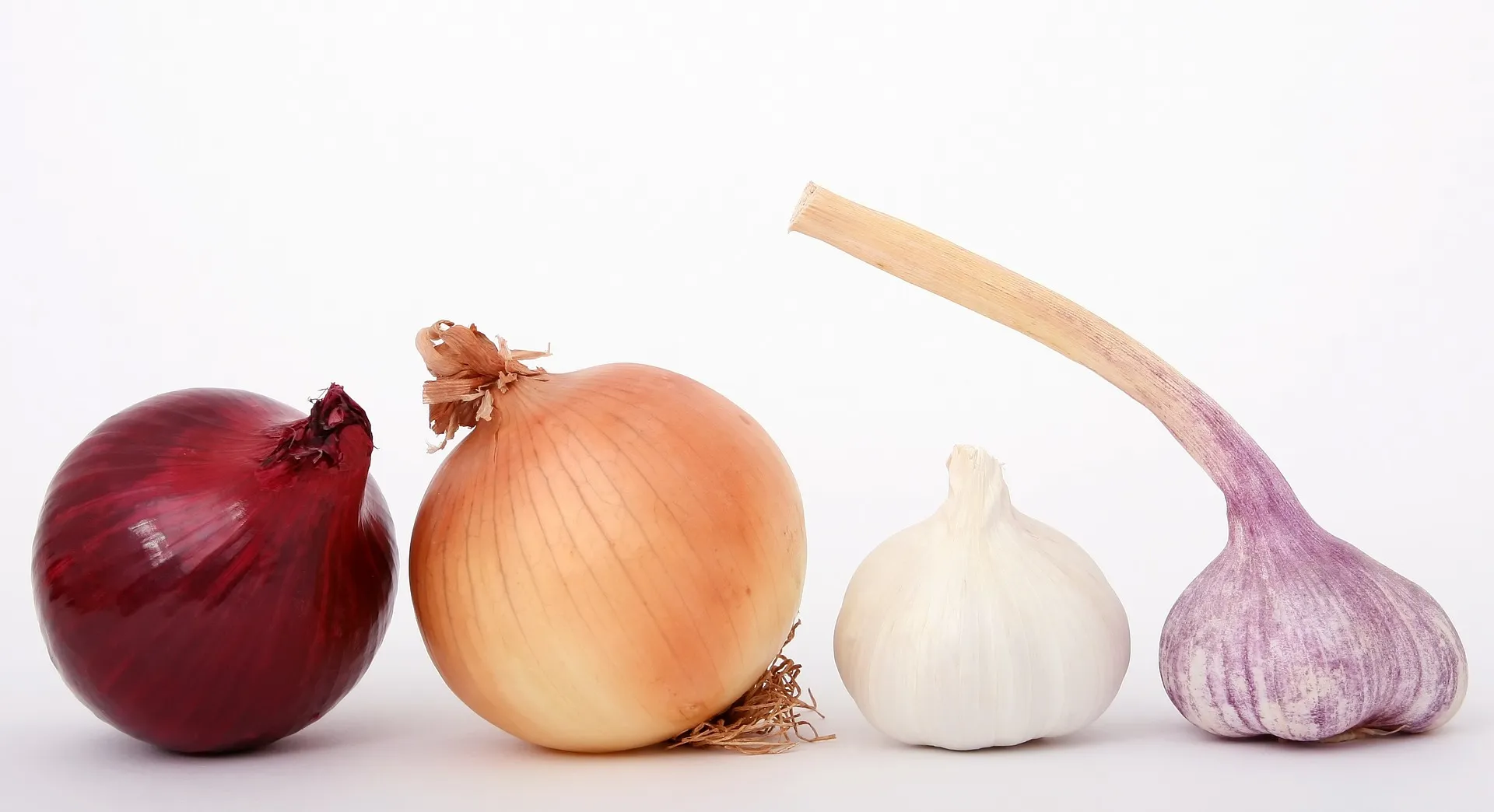
I was advised to consume onions and garlic to strengthen my immune system. Is it recommended? (The answer is definitely "YES.")
Onions and garlic contain sulfur, an essential mineral for a proper immune system.
- Glutathione is the most basic single-cell molecule that removes harmful toxins. Sulfur is essential for the synthesis of this molecule in our bodies.
- Onions and garlic are inexpensive food and are available throughout the world.
Other natural sources of sulfur.
- Cabbage, cauliflower, broccoli, and kale also contain sulfur.
- Black Himalayan salt (with a strong aroma) also contains sulfur.
- Avocados are the fruit with the highest sulfur content.
- Kiwi, bananas, pineapple, strawberries, melons, grapefruit, grapes, oranges, and peaches contain sulfur.
Animal products.
- Egg yolks. (Excellent emulsifier as well.)
Chicken soup.
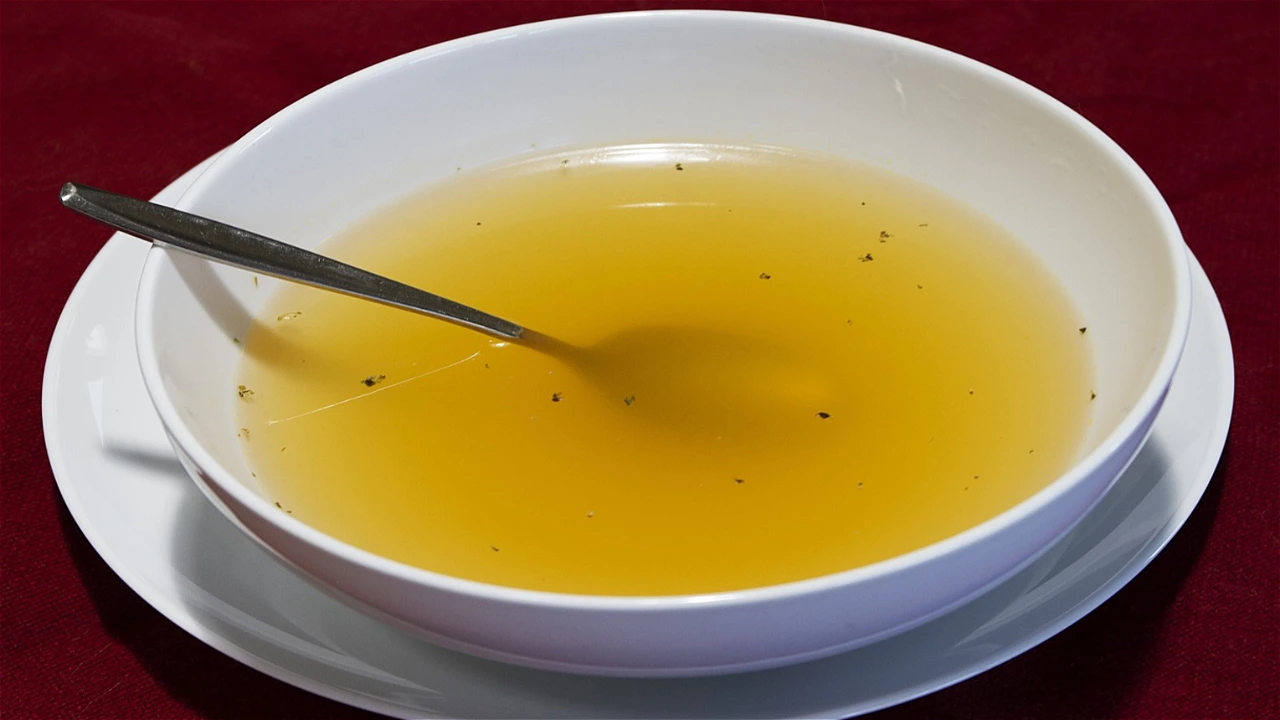
Is chicken soup effective in cases of flu or colds? (The answer is "YES')
- Hot chicken broth contains natural chicken fat, which stimulates the gallbladder to secrete bile, an oily and chemically alkaline fluid that lubricates the gut. (Bile is an oily and chemically base fluid.) The hot liquids help digestion, causing increased urination, sweating, and detoxification. It is important to emphasize that ready-made soups that contain artificial additives are not as effective.
Recommended cooking, eating, and drinking habits.
Sleep.

Is it unhealthy to eat late at night? (The answer is "Yes.")
- The body regenerates itself mainly during sleep. Regeneration starts when the body rests from the daily routine and enters maintenance mode. The digestive system mustn't work hard (due to eating before bed.)
- It is not recommended to eat late, weighty metals. (Meat digestion takes many hours.)
The sequence of eating.

Does the sequence of eating different food groups matter? (The answer is "Yes.")
The combination of starch and animal fat is not recommended:
Carbohydrates and proteins rapidly spike the insulin hormone. When combined in large quantities, they overload the pancreas.
- Starches are usually not very moist (rice is one of the most common wet starchs). The dry environment makes the emulsification process needed to break down the animal protein much harder.
- Although eating lots of rice for centuries, Chinese people did not develop diabetes until recently. It started when they ate meat, dairy products, and their usual diet, which contained rice as the primary starch.
Although it is not recommended to mix starch and animal protein, it is tough to avoid starch. The best carbohydrates, such as rice and boiled sweet potatoes, are moist, and one teaspoon of good-quality oil/fat ensures good emulsification.
Stove.

Which cooking method is the healthiest? (Besides pressure cookers, each cooking method has strengths and weaknesses.)
Pressure cooking is considered the best and healthiest method.
- Cooking in a pressure cooker saves time and maintains high antioxidant nutritional values. The best meets all four criteria. (The taste of food is a question of personal preference.)
Dry heat Cookery:
- Baking, steaming, grilling, and roasting.
Moist Heat Cookery:
- Boiling, Stewing, And Frying. (Including shallow and deep), Barbequing, Basting.
Healthy cookery criteria:
- Preserve as much of the nutrients as possible.
- Kill pathogens that might reside in the food.
- Enable ease of chewing and, therefore, ease of digestion.
- Allow toxins to drip from fatty foods, especially meat fat.
Frying has a bad reputation for several reasons:
- Frying requires fats or oils. Many people think they will get fat from eating fried food.
- Saturated fats (like butter and coconut oil) are considered unhealthy.
- Heating oil and fat to high temperatures might hydrogenate them, which is toxic.
Shallow frying (especially if ingredients are cut into small pieces, like in Chinese cuisine) enables speedy cooking and prevents heat damage to nutrients.
This partial list of controversial nutritional topics only illustrates how nutritional sciences are not an orderly doctrine, as might be expected.

If you dig through the list of controversial nutrition issues, you will realize there is no interest in creating a transparent methodology. Various regulators are influenced by politicians who do not want to conflict with the food and beverage industry, one of the strongest and most prosperous in the world. (who also donate generously)

